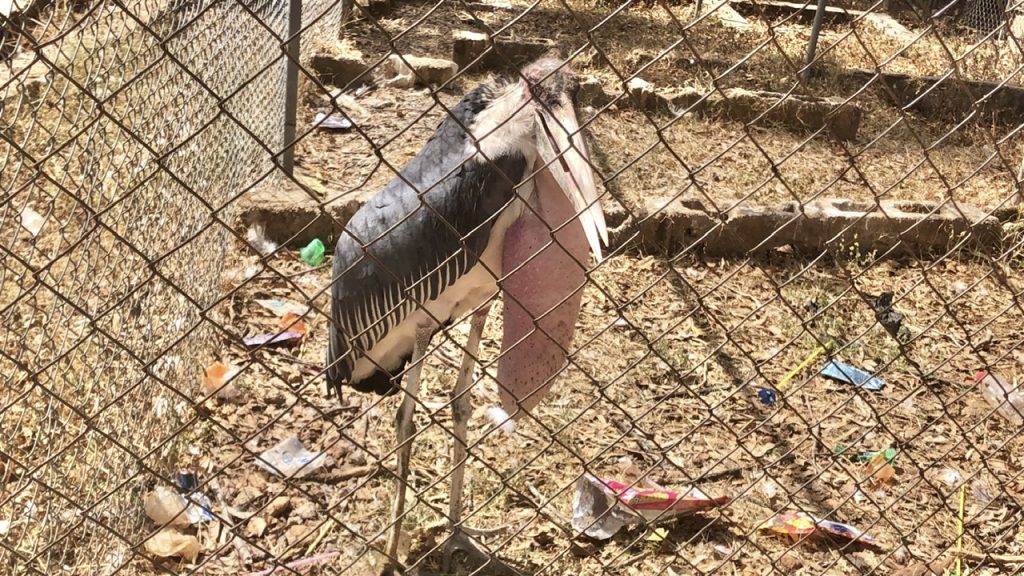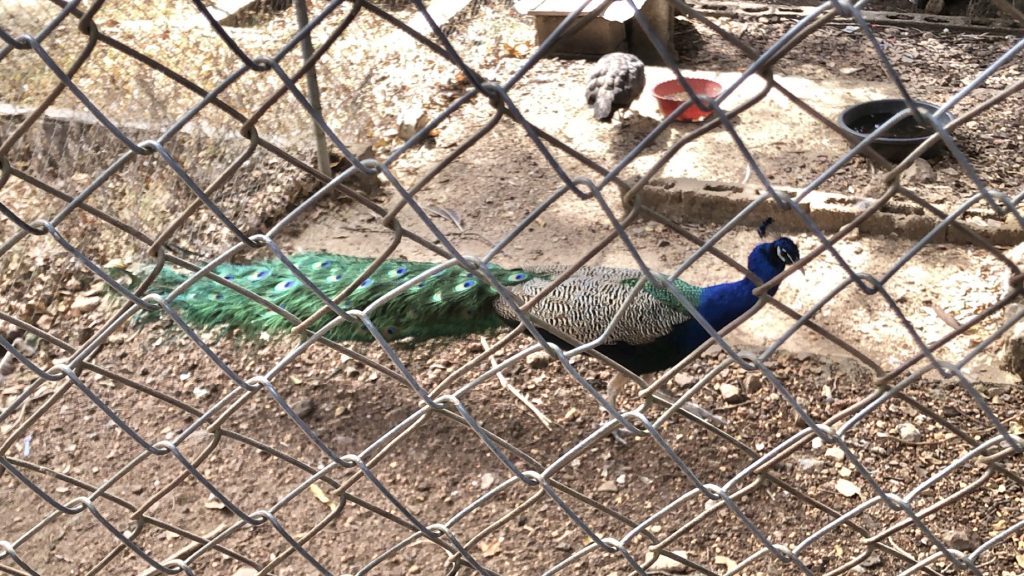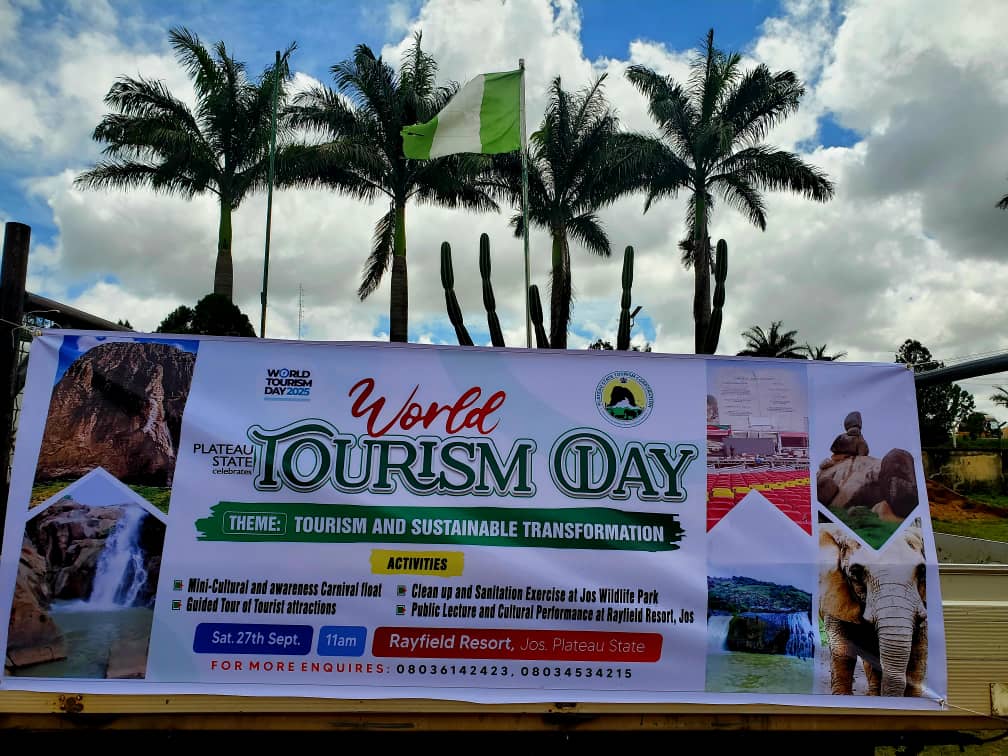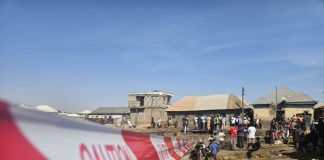Positioned in the heart of Plateau State, Nigeria, the Jos Wildlife Park exemplifies the country’s commitment to wildlife protection and environmental preservation.
This park, founded in 1969 by then-Nigerian Military Head of State General Yakubu Gowon, arose from a visionary mandate for each of Nigeria’s twelve governors to conserve one-third of their area for flora and animals.
Mr. Sohotyohol Wamshak, the Chief Executive Officer and Truck Guide of the Jos Wildlife Park, recently shared this historical insight with Tour Plateau participants.
He recounted how General Gowon’s environmental initiative was inspired by a summit in Kampala, Uganda, and how it set the stage for the creation of numerous conservation areas across Nigeria.
On the Plateau, the task of identifying suitable conservation sites was entrusted to Dr. Sylvia Sky, a lecturer from the University of Ibadan.
Traversing the Benue Plateau, Dr. Sky pinpointed several potential locations for what would become the Jos Wildlife Park. Her exploration highlighted areas such as Pandam Game Reserve, Asopp Water Falls, and Wase Rock Game Reserve as ideal spots for preserving Nigeria’s rich biodiversity.
Construction of the park began in 1972 under the stewardship of the then-Governor, J.D. Gomwok, and by 1976, the development was completed. However, it wasn’t until 1986 that the park officially opened its doors, subsequently being handed over to the Plateau State Tourism Corporation.
Today, the Jos Wildlife Park is a shelter for an extensive selection of wildlife. True to its name, the park is home to a wide range of wild creatures, with some, such as lions, maintained in secure enclosures and others, such as elephants, roaming freely within semi-caged areas. This careful balance protects both the wildlife and the humans that throng to the park.
The park is home to a wide range of species, including primates like baboons and monkeys, birds like ostriches and peacocks, and herbivores like giraffes and antelopes. The variety of wildlife makes it an appealing location for nature lovers and educational visits, offering a rare opportunity to witness these species in conditions that nearly resemble their natural habitats.
Beyond its role as a haven for wildlife, the Jos Wildlife Park has become an integral part of the local economy and culture. It generates revenue, provides employment opportunities, and offers a recreational space where visitors can connect with nature. Moreover, it stands as a living history museum, preserving the natural heritage of the Plateau State for future generations.
The park’s layout is designed to provide an immersive experience. Visitors can enjoy guided tours that offer insights into the behaviors and characteristics of the animals, as well as the efforts being made to conserve them. Educational programs and workshops are frequently held, aiming to raise awareness about conservation and the importance of biodiversity.
The Jos Wildlife Park is equipped with various facilities to enhance the visitor experience. These include picnic areas, a restaurant offering local cuisine, and playgrounds for children. The park also features a small museum and information center where visitors can learn about the history of the park, the species it protects, and the broader ecological significance of conservation efforts.
For those interested in adventure, the park offers nature trails and hiking paths that lead through its lush landscapes, providing opportunities to observe flora and fauna up close. The scenic beauty of the park is complemented by its tranquil environment, making it a perfect spot for photography and leisurely walks.
The establishment of the Jos Wildlife Park has had a positive impact on the surrounding communities.
By promoting eco-tourism, the park supports local businesses and artisans, creating a sustainable economic model that benefits both people and nature.
The park also collaborates with local schools and organizations to promote environmental education and conservation awareness among the youth.
In addition to its economic and educational contributions, the park plays a crucial role in wildlife conservation. It participates in breeding programs for endangered species and works with conservationists and researchers to monitor and protect the habitats within its boundaries.
These efforts are vital for preserving the biodiversity of the region and ensuring that future generations can continue to enjoy the wonders of the natural world.
The Jos Wildlife Park is more than just a tourist destination; it is a symbol of Nigeria’s dedication to preserving its natural heritage.
From its origins in the visionary directives of General Yakubu Gowon to its current role as a beacon of conservation and community engagement, the park exemplifies the profound impact that protected areas can have on wildlife and people alike.
As the sun sets over the greenery of the Jos Wildlife Park, one can’t help but wonder at this incredible accomplishment, which began with a single instruction from a visionary leader and has grown into a lively symbol of Nigeria’s natural beauty.
















